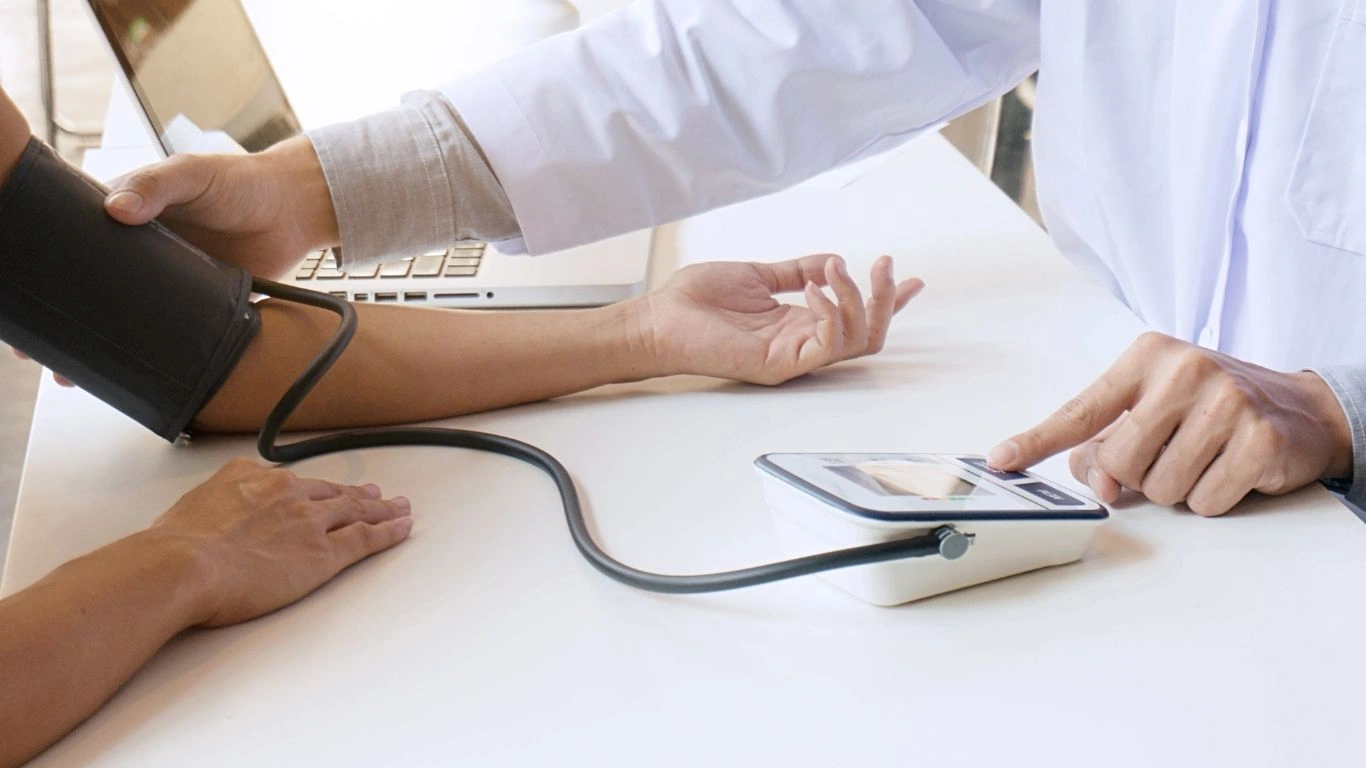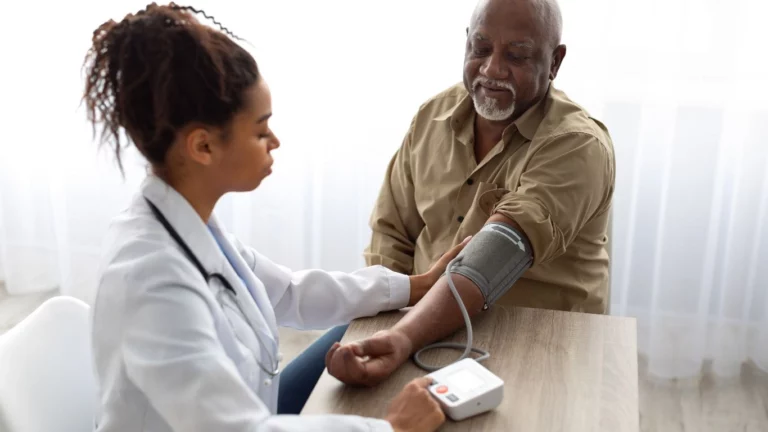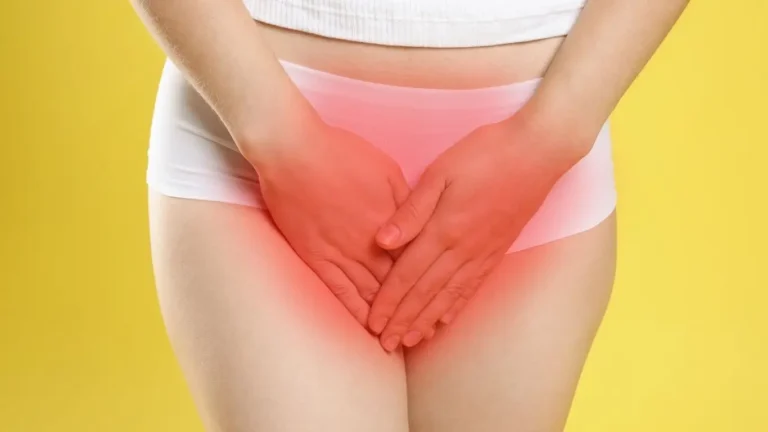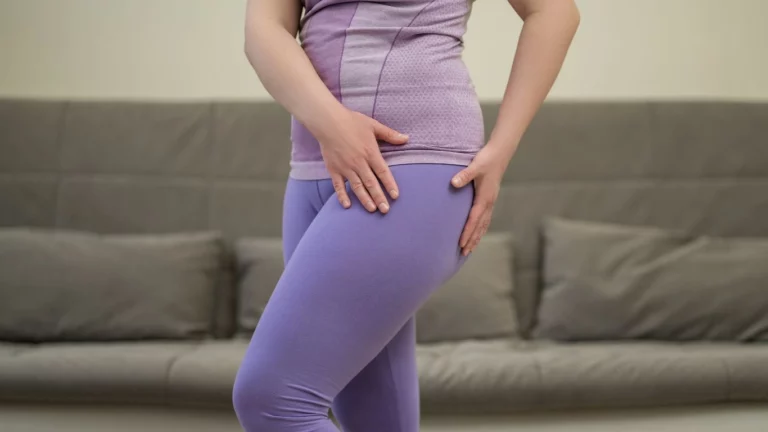Effective Ways to Manage Hypertension and Muscle Cramps for Better Health
Hypertension, often referred to as high blood pressure, is a condition that many people struggle with, sometimes without even knowing it. As someone who has spent years working in this field, I’ve seen firsthand the impact that high blood pressure can have on a person’s health. But what many don’t realize is the potential link between hypertension and frequent muscle cramps. If you’ve been experiencing persistent muscle cramps along with high blood pressure, you’re not alone. In this article, we’ll dive deep into the connection between hypertension and muscle cramps, explore the causes, and discuss what can be done to address both issues effectively. It’s all about taking control of your health and finding a path to better well-being.
The Surprising Connection Between Hypertension and Muscle Cramps
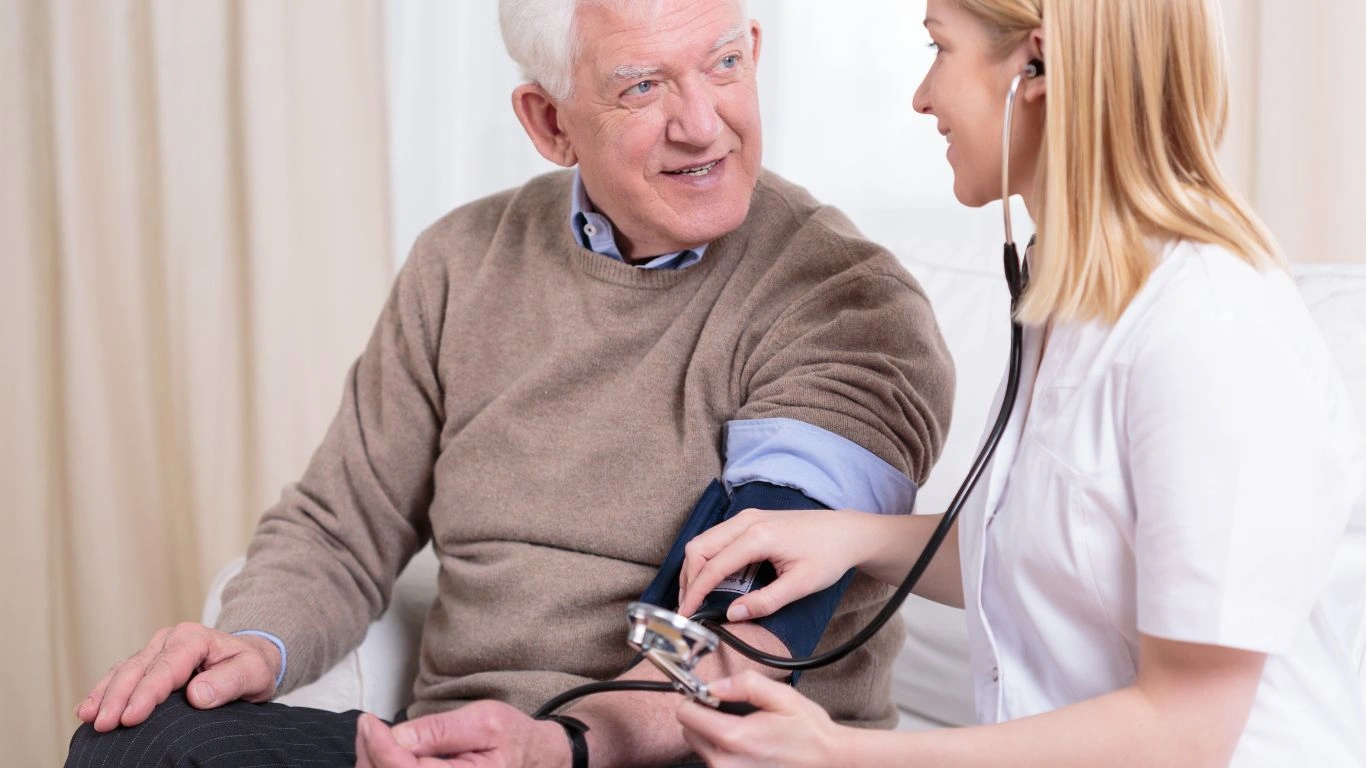
As a hypertension expert, I often get asked, “Why do I keep getting muscle cramps, and could my blood pressure be the reason?” It’s a great question because the relationship between the two might not be immediately obvious. Hypertension is primarily concerned with the force of blood against the walls of your arteries, but this increased pressure can, in turn, affect various systems in your body—muscles included. Many factors contribute to muscle cramps, such as dehydration, poor circulation, or electrolyte imbalances, and hypertension can exacerbate some of these issues. So, if you’re struggling with both conditions, it’s important to consider how they might be interconnected.
Understanding Hypertension: More Than Just a Number
Before diving deeper into the cramps, let’s take a moment to understand what hypertension really is. Blood pressure is the force of blood pushing against your artery walls as your heart pumps it around your body. When this force is consistently too high, it can lead to hypertension. There are two main types of hypertension: primary (or essential) hypertension and secondary hypertension. Primary hypertension develops over time and has no clear cause, while secondary hypertension is caused by another condition, such as kidney disease or hormonal disorders.
It’s easy to dismiss high blood pressure because it doesn’t always come with noticeable symptoms. However, it’s a silent condition that, over time, can lead to serious health issues, including heart disease, stroke, and kidney damage. And for many, the discomfort of muscle cramps is an added frustration that compounds their health worries.
How High Blood Pressure Affects Muscle Function
The connection between hypertension and muscle cramps can be traced back to several underlying mechanisms. One of the primary factors is blood flow. When blood pressure is high, your arteries can become stiff and narrow, reducing the amount of oxygen and nutrients that reach your muscles. This reduced blood flow can cause muscle fatigue and lead to cramps. Poor circulation is a common cause of muscle cramps, and hypertension can certainly make this worse. If you’ve noticed more frequent cramps during or after exercise, or even in the middle of the night, it could be an indicator that your blood pressure is contributing to the problem.
Electrolyte Imbalance: The Culprit Behind Muscle Cramps
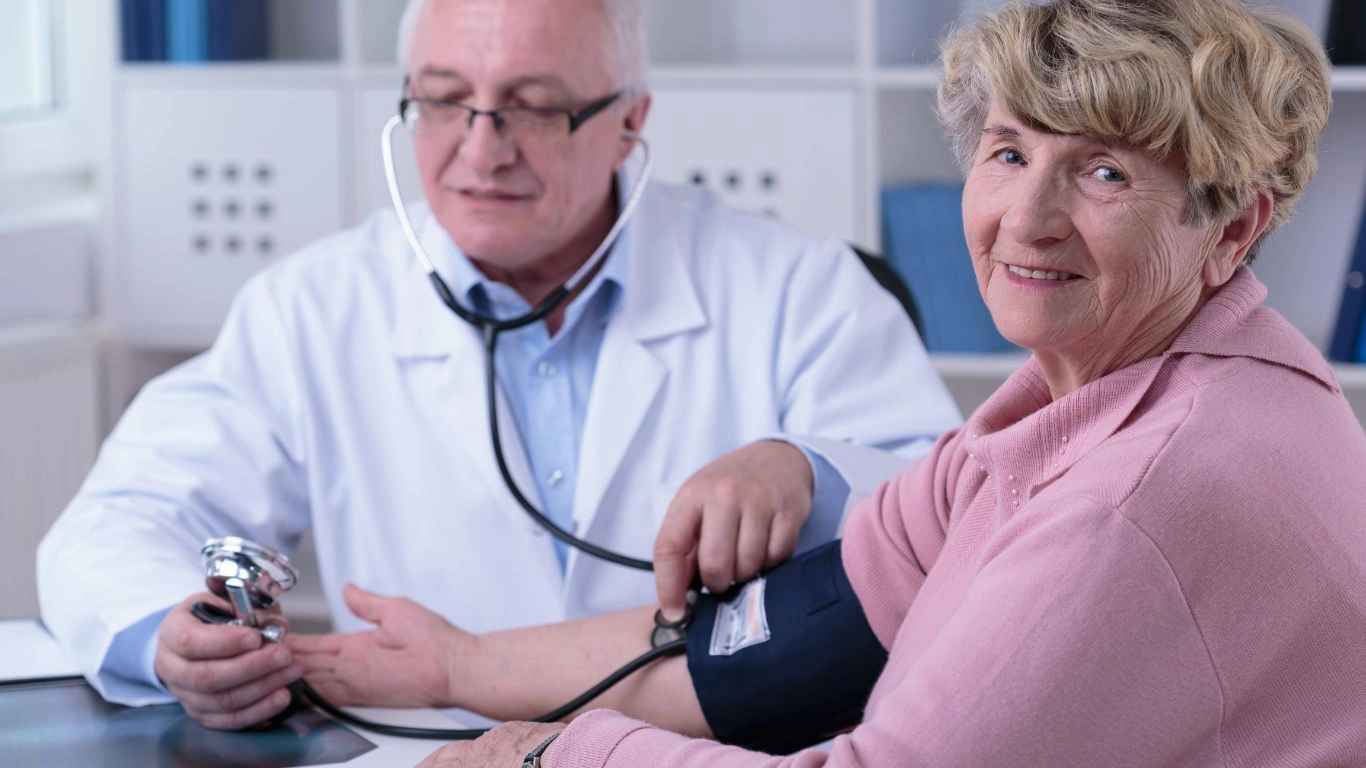
Another factor that plays a significant role in both hypertension and muscle cramps is the balance of electrolytes in your body. Electrolytes are minerals like potassium, magnesium, and calcium that help regulate muscle function. When these minerals are out of balance, it can trigger muscle cramps, which is a common complaint for people with hypertension. Some blood pressure medications, particularly diuretics (which help reduce fluid retention), can actually deplete electrolytes in the body. This is why people on blood pressure meds often experience cramps more frequently. If you’re taking a diuretic, it’s crucial to monitor your electrolyte levels and consider dietary adjustments or supplements to keep them in check.
Dehydration: A Double Threat
Dehydration is another key player in muscle cramps. It’s easy to forget the importance of staying hydrated, especially when life gets busy. But dehydration can cause your muscles to cramp up, and guess what? Hypertension can make this worse. Why? Because high blood pressure can lead to kidney problems, and your kidneys are essential in regulating fluid balance in the body. When they aren’t working properly, you’re at a higher risk of becoming dehydrated, which can trigger those painful, involuntary muscle contractions.
The Role of Medications in Both Conditions
As if living with high blood pressure wasn’t challenging enough, managing the condition often involves a regimen of medications. Some of these medications can have side effects that contribute to muscle cramps. Diuretics, as mentioned, are common culprits. Other medications used to treat hypertension, like ACE inhibitors and calcium channel blockers, can also interfere with electrolyte levels and fluid balance, increasing the likelihood of muscle cramps. If you’re experiencing frequent cramps, it’s worth discussing with your healthcare provider whether your blood pressure medication might be to blame. They may be able to adjust your dosage or suggest alternative medications with fewer side effects.
What Can You Do About It?
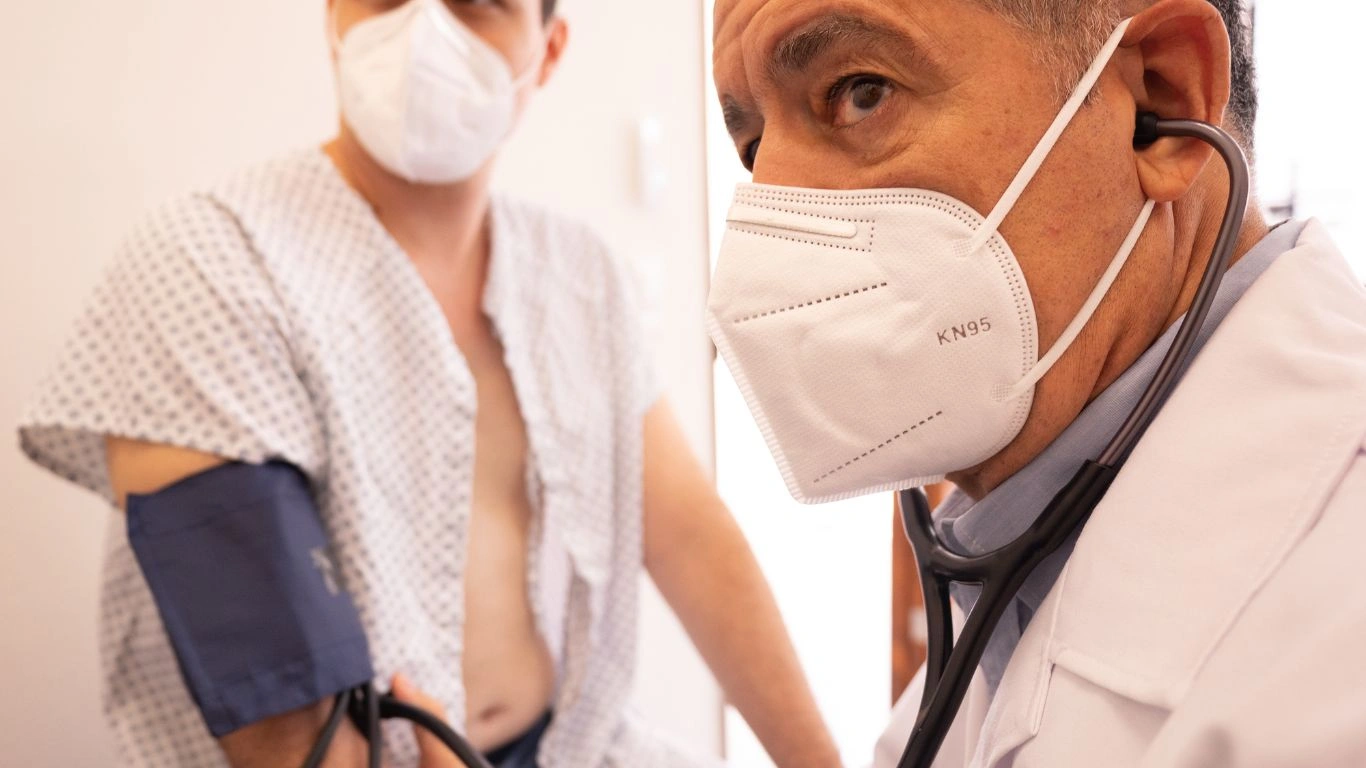
Now that we’ve identified the potential causes, you might be wondering, “What can I do about it?” First, don’t panic! There are several steps you can take to reduce both your blood pressure and muscle cramps. Here’s what I recommend based on my years of experience working with patients:
- Stay Hydrated – Drink plenty of water throughout the day to help maintain proper hydration. This will support both muscle function and kidney health.
- Balance Your Electrolytes – Include foods rich in potassium, magnesium, and calcium in your diet, such as bananas, spinach, and yogurt. Consider discussing supplements with your doctor if needed.
- Regular Exercise – Engaging in moderate exercise can improve circulation, help manage blood pressure, and reduce the frequency of muscle cramps.
- Review Your Medications – Talk to your healthcare provider about any medications you’re taking. They may be able to adjust your prescriptions or recommend alternatives that don’t interfere with electrolyte balance.
- Stretching and Massage – Regularly stretch your muscles and use gentle massages to improve circulation and reduce cramps.
By addressing both hypertension and muscle cramps together, you can improve your overall health and well-being. It’s all about making informed choices and taking a proactive approach to managing these conditions.
Addressing the Root Causes of Hypertension and Muscle Cramps
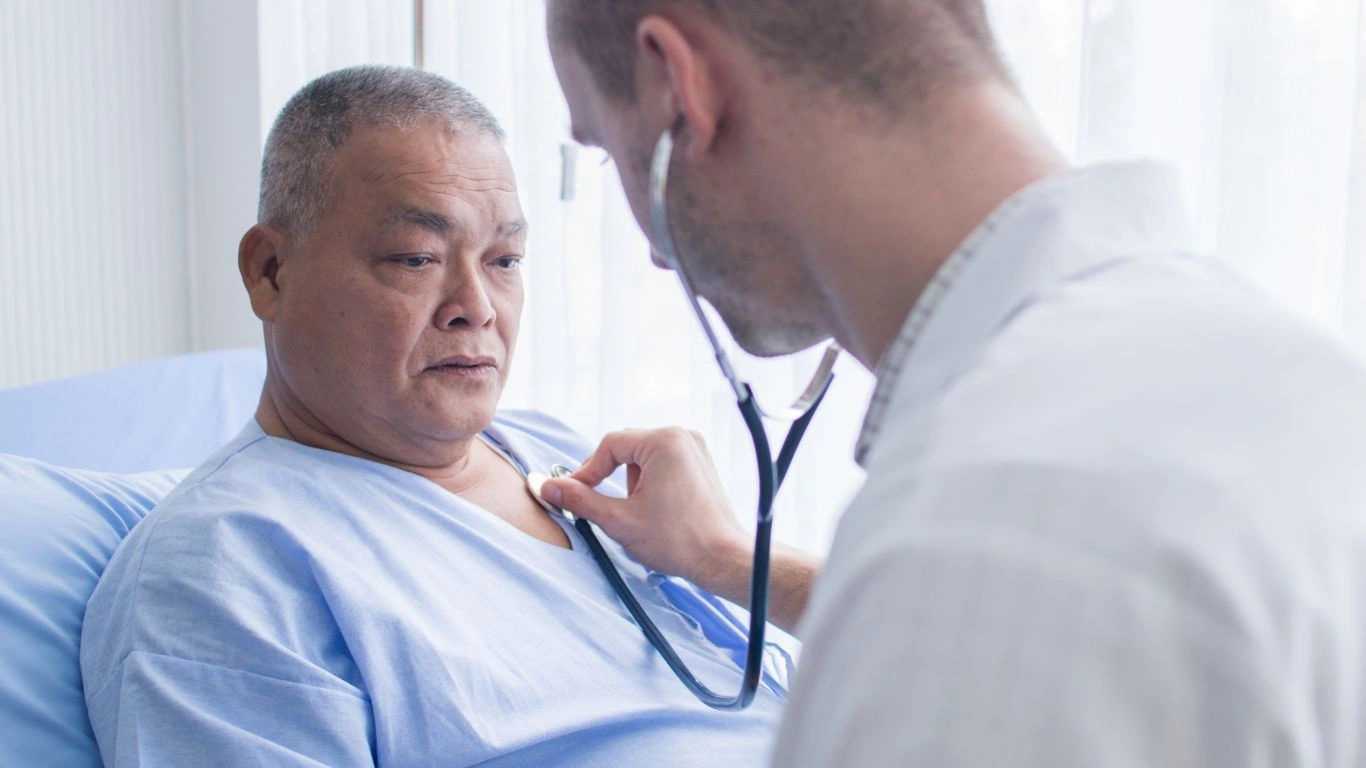
In the first part of this article, we took a deep dive into the ways hypertension can lead to frequent muscle cramps. Now, let’s dig a little deeper into the specific root causes of both conditions, and what you can do to target these causes head-on. With hypertension being so complex, addressing its root causes will help you get a better grasp on why you’re dealing with muscle cramps. Over the years, I’ve worked with many patients who were struggling with both high blood pressure and cramps, and trust me, understanding these connections can make all the difference in your treatment approach.
The Impact of Stress on Hypertension and Muscle Cramps
One of the most significant contributors to both hypertension and muscle cramps is stress. It’s not just a mental issue—it has a direct impact on your physical health. When we’re stressed, our bodies release hormones like cortisol and adrenaline that increase your heart rate and tighten up your muscles. Over time, these stress responses can cause chronic high blood pressure. And, as if that wasn’t enough, the muscle tension from stress can lead to painful cramps, especially in your legs, back, or neck.
In my experience, many of the patients I’ve worked with who are dealing with both hypertension and muscle cramps are also carrying around a lot of stress. Whether it’s work-related, personal issues, or just the general pressures of life, stress makes everything worse. So, learning to manage stress is not just beneficial—it’s essential for reducing the frequency and intensity of those cramps. Simple relaxation techniques like deep breathing, yoga, or even just going for a walk can help break the cycle of stress and relieve some of that muscle tension.
How Poor Diet Plays a Role in Hypertension and Muscle Cramps
Another significant factor in both conditions is diet. Let’s face it: a poor diet is a major contributor to high blood pressure, and it can also worsen your muscle cramps. For example, diets high in sodium can cause your body to retain more water, leading to increased blood pressure and a greater likelihood of cramps. And while sodium is a well-known culprit, low potassium or magnesium intake can also exacerbate muscle cramps.
Through my years of practice, I’ve consistently seen the effects of a diet lacking in essential minerals. For hypertension, the typical Western diet often includes excessive processed foods loaded with sodium and unhealthy fats, which can cause the blood vessels to stiffen and increase pressure. As for muscle cramps, many people simply don’t get enough of the crucial minerals like magnesium, potassium, and calcium, which help muscles function properly. So, balancing your electrolytes through whole foods and a well-rounded diet is a must if you want to tackle both hypertension and cramps.
Managing Hypertension with Lifestyle Changes

If you’re struggling with both hypertension and muscle cramps, lifestyle changes should be at the forefront of your plan. These changes don’t just alleviate your symptoms; they help manage the root causes of both conditions. I’ve seen countless patients benefit from simple yet effective lifestyle adjustments, and I’m confident they can work for you too. Let’s explore a few ways you can take charge of your health and find relief.
Exercise Regularly to Improve Blood Flow
Exercise is one of the most powerful tools in managing both hypertension and muscle cramps. Regular physical activity helps lower blood pressure by improving circulation, strengthening the heart, and helping the body regulate blood flow more efficiently. Additionally, exercise can help prevent muscle cramps by improving muscle flexibility and reducing the tension that contributes to cramps.
And don’t worry, I’m not suggesting you need to hit the gym for hours on end. Simple activities like walking, cycling, swimming, or stretching can be just as effective in improving circulation and lowering blood pressure. It’s about finding what works for you and sticking with it. I always tell my patients that the key is consistency—just 30 minutes of moderate exercise a day can make a world of difference.
Take Charge of Your Sodium Intake
As we mentioned earlier, a diet high in sodium can wreak havoc on both your blood pressure and muscle function. While you don’t have to go on a sodium-free diet, cutting back on processed foods and choosing lower-sodium options can significantly reduce your risk of hypertension. Opt for fresh, whole foods like fruits, vegetables, lean proteins, and whole grains, and be mindful of the salt you add to meals. Some of my patients have been amazed at how much better they feel when they start reducing their sodium intake, not just in terms of their blood pressure but also in the reduction of muscle cramps.
Focus on Magnesium-Rich Foods
Magnesium is an often-overlooked mineral that plays a vital role in both hypertension and muscle cramps. Magnesium helps regulate blood pressure and supports proper muscle function. I can’t tell you how many times I’ve recommended increasing magnesium-rich foods to my patients dealing with both high blood pressure and muscle cramps, and seen them experience significant improvement. Foods like leafy greens, nuts, seeds, and whole grains are excellent sources of magnesium. If you’re not getting enough magnesium through your diet, you might consider speaking to your doctor about supplements.
The Importance of Monitoring Your Health Regularly
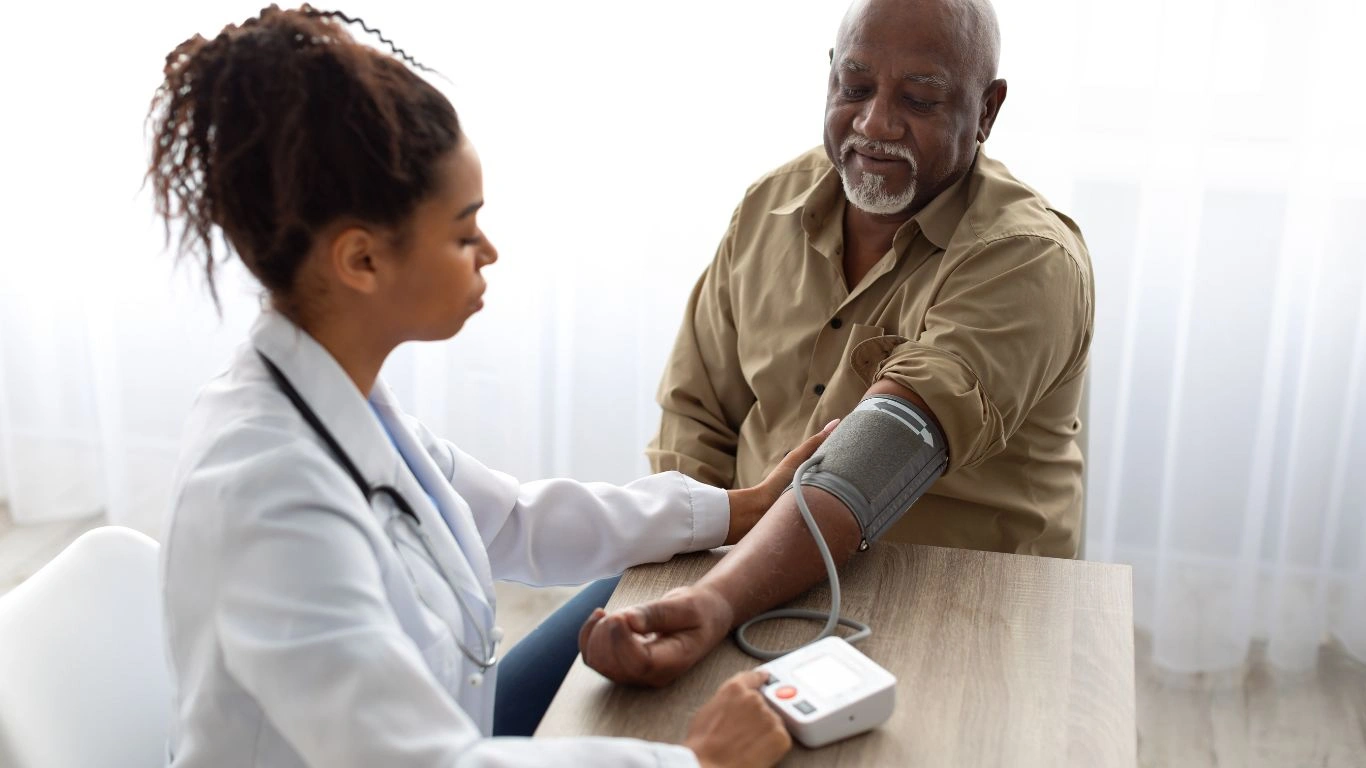
When you’re dealing with both hypertension and muscle cramps, regular health monitoring is key. As a hypertension expert, I always stress the importance of keeping an eye on your blood pressure, especially if you’re experiencing frequent cramps. A lot of people think that blood pressure is something you only need to worry about at the doctor’s office, but keeping a home monitor can help you track any fluctuations and identify patterns that might point to worsening symptoms.
Also, if you’re on blood pressure medications or supplements for muscle cramps, monitoring your condition becomes even more important. It allows you to notice any side effects early on and make adjustments before things get worse. I always recommend that patients track both their blood pressure and the frequency of their cramps to discuss with their healthcare provider. This proactive approach makes it easier to tailor treatments to your specific needs.
Natural Remedies and Supplements for Hypertension and Muscle Cramps
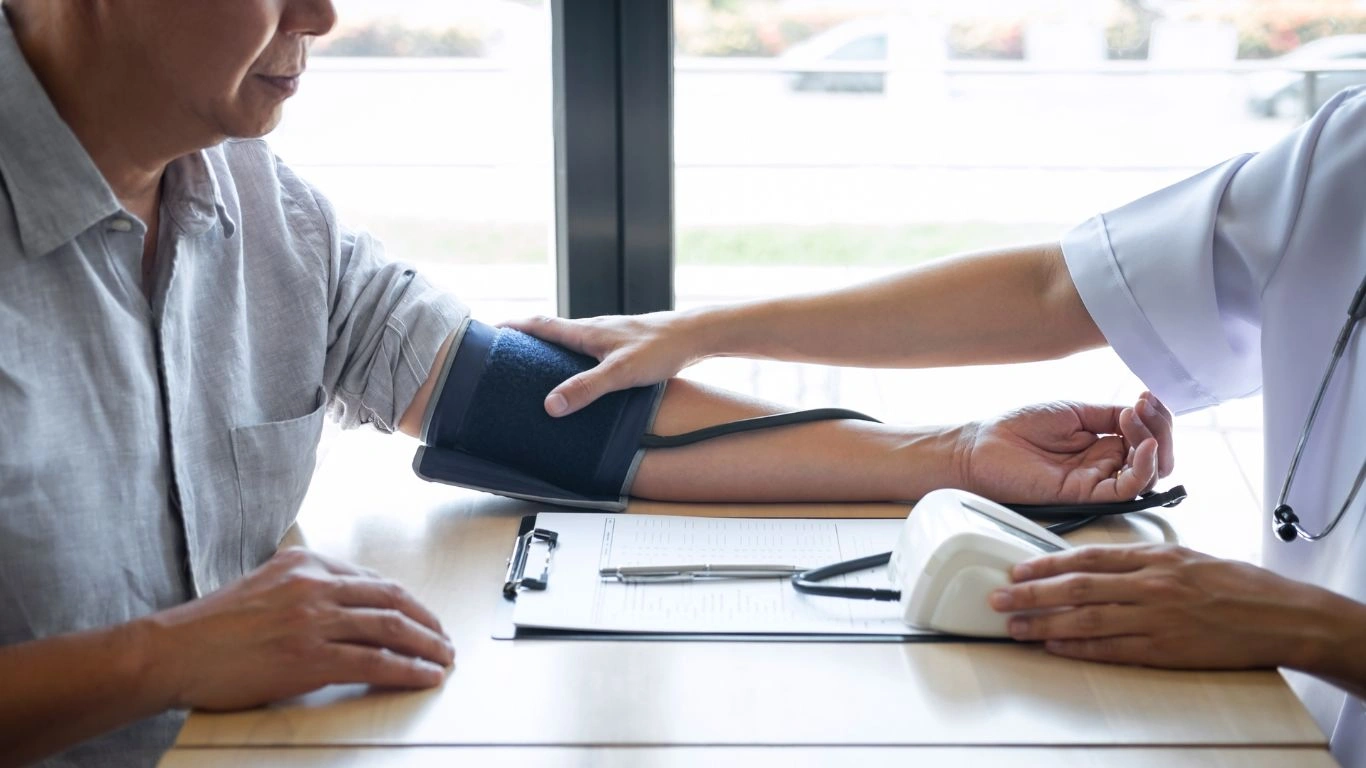
As we continue our journey in managing both hypertension and muscle cramps, let’s explore some natural remedies and supplements that have shown promise in supporting both conditions. Over the years, I’ve had numerous patients ask me about alternative therapies, and I’m always open to discussing these options. While it’s important to consult your healthcare provider before starting any new supplement or natural remedy, these options can be worth considering as part of a well-rounded treatment plan.
Magnesium: A Key Player in Muscle Health
If you’ve been following along, you know that magnesium is an essential mineral for both controlling blood pressure and preventing muscle cramps. Magnesium helps relax blood vessels, which can reduce hypertension, and it plays a key role in muscle contraction and relaxation. Many of my patients have found that taking magnesium supplements helps reduce both their blood pressure and the frequency of muscle cramps.
Magnesium is found in foods like almonds, spinach, avocado, and bananas, but some people may need more magnesium than their diet can provide. I recommend speaking to your doctor about whether a magnesium supplement could help with your hypertension and muscle cramps. Just be mindful that taking too much magnesium can have side effects, so it’s always best to get a professional opinion before adding it to your routine.
Potassium: Another Vital Mineral
Just like magnesium, potassium is another mineral that has a significant impact on both hypertension and muscle cramps. Potassium helps balance the effects of sodium in the body, reducing the strain on the heart and lowering blood pressure. It also plays a crucial role in muscle function, preventing the spasms that cause cramps. I often recommend increasing potassium intake through foods like sweet potatoes, spinach, and tomatoes.
In some cases, potassium supplements may be recommended if dietary intake isn’t enough. But again, make sure to check with your healthcare provider, especially if you have kidney issues or are taking certain medications, as potassium levels can become dangerous if they’re too high.
The Role of Hydration in Managing Both Conditions

We’ve touched on hydration before, but let’s dive a little deeper into why staying properly hydrated is essential for managing both hypertension and muscle cramps. Water is a vital component of many bodily functions, including the regulation of blood pressure and the prevention of muscle cramps. Dehydration can cause blood vessels to constrict, which can raise blood pressure. It also causes an electrolyte imbalance that can lead to cramping muscles.
Throughout my years of practice, I’ve noticed that many of my patients with hypertension and muscle cramps are often not drinking enough water. In fact, it’s one of the most common issues I see. The recommended amount of water varies depending on age, weight, and activity level, but as a general rule, aim for at least 8 cups (about 2 liters) a day. More may be needed if you’re active, live in a hot climate, or are dealing with medications that cause dehydration.
If you’re struggling with cramps, adding an electrolyte drink that’s low in sugar (or making your own at home) can help restore fluid and electrolyte balance. Just be cautious about drinks that are packed with sugar, as they can worsen high blood pressure in the long run.
Herbal Remedies for Hypertension and Muscle Cramps
There are several herbal remedies that may offer support in managing both hypertension and muscle cramps. As always, consult your doctor before starting any herbal treatments, especially if you’re on medication for blood pressure or muscle cramps. That said, here are a few herbal options that have shown promise:
- Hibiscus Tea – This vibrant red tea has been linked to lower blood pressure in some studies. Drinking 1-2 cups daily could provide an additional boost in managing hypertension.
- Ginger – Known for its anti-inflammatory properties, ginger can also support healthy blood pressure levels. I recommend incorporating fresh ginger into your diet or enjoying ginger tea regularly.
- Turmeric – Another anti-inflammatory powerhouse, turmeric may help reduce muscle soreness and prevent cramps, while also supporting overall cardiovascular health.
These herbs are often used in various forms, such as teas, supplements, or powders. I’ve seen many of my patients find relief with herbal remedies, especially when combined with other lifestyle changes like improved diet and exercise.
Understanding Blood Pressure Medications and Their Impact on Cramps
If you’re on blood pressure medications, it’s important to understand how they may be affecting your muscle cramps. Certain medications used to treat hypertension can have side effects that increase the likelihood of cramping. Diuretics (water pills) are a prime example, as they cause your body to excrete extra fluid, which can lead to an electrolyte imbalance and dehydration, both of which can cause cramps.
If you’re experiencing muscle cramps and are on blood pressure medication, don’t just stop taking it. Instead, reach out to your healthcare provider. There may be alternative medications that have fewer side effects, or your doctor might suggest adjustments to your current regimen to help reduce the cramps. Some medications, like ACE inhibitors and calcium channel blockers, can also cause muscle issues, though they’re generally less likely to lead to cramps than diuretics.
References and Further Reading
If you’re looking for additional information or want to dive deeper into any of the topics we’ve covered in this article, I encourage you to check out these trusted sources:
- Healthline – High Blood Pressure Overview
- Mayo Clinic – Hypertension
- National Institute of Neurological Disorders and Stroke – Muscle Cramps
Disclaimer
While I’ve shared advice based on my experience and knowledge as a hypertension expert, this information should not be taken as medical advice. Always consult with your healthcare provider before making any changes to your treatment plan or diet. Managing hypertension and muscle cramps requires a personalized approach, and what works for one person may not work for another. Make sure to discuss your symptoms, medications, and lifestyle with a qualified healthcare professional to find the best solution for your unique needs.

Dr. Gwenna Aazee is a board-certified Internal Medicine Physician with a special focus on hypertension management, chronic disease prevention, and patient education. With years of experience in both clinical practice and medical writing, she’s passionate about turning evidence-based medicine into accessible, actionable advice. Through her work at Healthusias.com, Dr. Aazee empowers readers to take charge of their health with confidence and clarity. Off the clock, she enjoys deep dives into nutrition research, long walks with her rescue pup, and simplifying medical jargon one article at a time.

